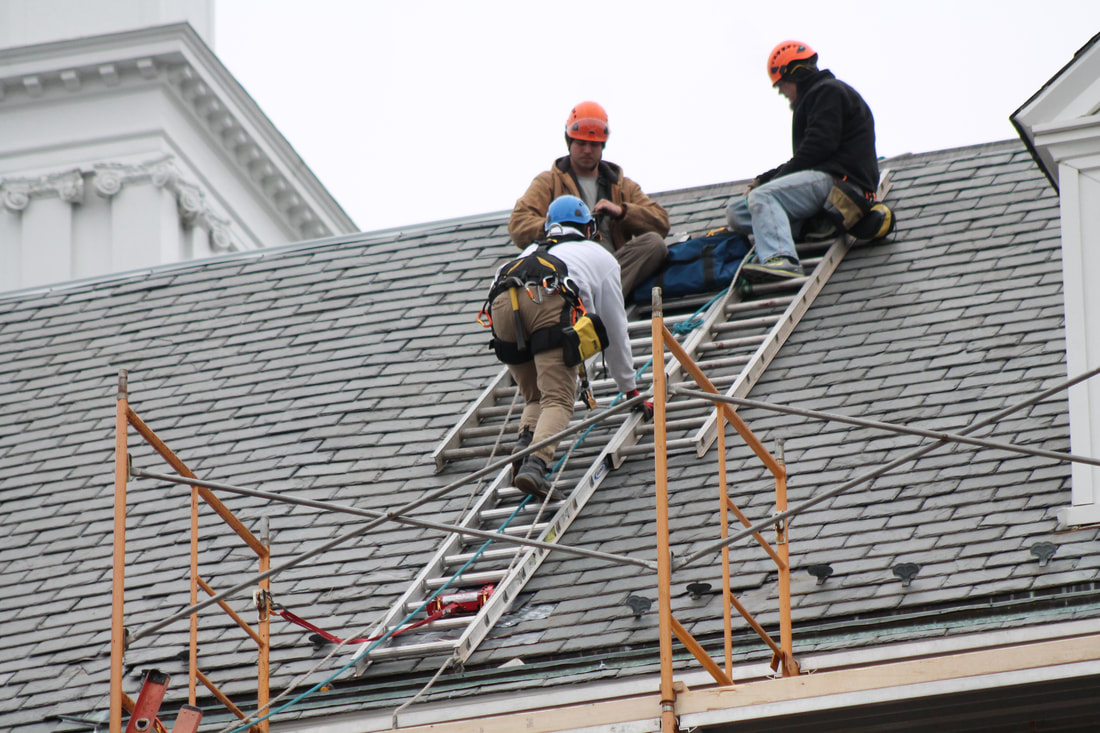Trimming the wings of a paper airplane is easy but there is an art to turning a plain paper airplane into a flying masterpiece. Well, you’ve come to the right place because here I will explain about a certain paper airplane model and how you can easily make one and have a paper airplane that can fly far and looks great. So, let’s go deeper into origami and see what a piece of paper can turn into

Gather Your Materials
The first step in your paper airplane journey is to gather your materials. You will need:
- A4 printer paper (or any standard piece of paper you have handy)
This is all you need to get started, so grab your paper and let’s begin folding!
The Folding Process: Step-by-Step Instructions
This airplane design is not only simple but also highly effective. Follow these steps closely to ensure your paper airplane achieves maximum distance.
Step 1: Create the Initial Folds
Start by folding the top edge of the paper down to meet the bottom edge. Make sure the crease is sharp, as this will help the airplane maintain its shape.
Step 2: Rotate and Fold
Next, rotate the paper. Fold the new top edge to the right edge but leave a small gap. This gap is crucial for the wings to form properly later on.
Step 3: Flip and Fold the Other Side
Flip the paper over and repeat the previous step on the opposite side, folding it to match the other edge while maintaining that little gap.
Step 4: Fold the Edges Down
Now, fold the edge down to the edge of your top layer. Again, do not fold to the previous fold; leave a slight gap. This will help in balancing the airplane during flight.
Step 5: Match the Opposite Side
Flip the paper over again and fold the opposite side to match the first fold you made. This symmetry is essential for a well-balanced airplane.
Step 6: The Final Wing Folds
Now, open up the airplane slightly at the center and fold down the wings. Make sure both wings are even to ensure stable flight. Once you’ve folded both sides, your airplane should start to take shape

Final Touches
Now that the wings are in place, it’s time to make sure everything is secure:
- Run your fingers along the edges and creases to ensure everything is tight and neat.
- Adjust the wings slightly upward to give your airplane a better chance of gliding smoothly through the air.
Ready to Fly
With your paper airplane fully folded and ready, it’s time to put it to the test. Head outside or find a spacious area where you can let your creation soar. Remember, the way you throw it can also impact how well it flies. A gentle toss at an upward angle often yields the best results.
Tips for Success
Here are a few additional tips to help you achieve the best flight:
- Make sure your folds are precise and sharp for better aerodynamics.
- Experiment with different types of paper for varied results. Heavier paper can sometimes yield better flights.
- Practice your throwing technique; the angle and force of your throw can significantly affect distance.
- If your airplane isn’t flying straight, check the symmetry of your wings. Adjust as necessary.
Common Mistakes to Avoid
As you embark on your paper airplane folding journey, here are some common pitfalls to avoid:
- Not making sharp creases: The sharper your folds, the better your airplane will fly.
- Asymmetrical wings: Ensure both wings are equal in size and shape for balanced flight.
- Using the wrong paper: While any paper can work, lighter paper typically flies better.
Experimenting with Designs
Once you’ve mastered the basic design, feel free to experiment with different styles and modifications. You can try adjusting the wing size, changing the nose shape, or even adding decorations to personalize your airplane.
Conclusion
Folding a paper airplane is not just a fun activity but also a great way to engage with the principles of aerodynamics and design. With practice, you’ll be able to create airplanes that fly far and impress your friends. So, grab some paper, follow these steps, and enjoy the thrill of seeing your paper airplane take flight



